$400.00 – $2,300.00
Insulin hormone
Insulin is a peptide chemical created by beta cells of the pancreatic islets; being the super anabolic chemical of the body is thought of. It directs the digestion of sugars, fats and protein by advancing the retention of glucose from the blood into liver, fat and skeletal muscle cells
Insulin therapy is often an important part of diabetes treatment. Understand the key role insulin plays in managing your blood sugar and preventing diabetes complications.
The role of insulin in the body
It may be easier to understand the importance of insulin therapy if you understand how this naturally occurring hormone usually works in the body and what happens if you have diabetes.
If you don’t have diabetes, insulin helps:
Regulate blood sugar levels. After you eat, carbohydrates break down into glucose, a sugar that is the body’s primary source of energy. Glucose then enters the bloodstream. The pancreas responds by producing insulin, which allows glucose to enter the body’s cells to provide energy.
Store excess glucose for energy. After you eat — when insulin levels are high — excess glucose is stored in the liver in the form of glycogen. Between meals — when insulin levels are low — the liver releases glycogen into the bloodstream in the form of glucose. This keeps blood sugar levels within a narrow range.
If you have diabetes:
Your glucose levels will continue to rise after you eat because there’s not enough insulin to move the glucose into your body’s cells. People with type 2 diabetes don’t use insulin efficiently (insulin resistance) and don’t produce enough insulin (insulin deficiency). People with type 1 diabetes make little or no insulin.
Untreated, high blood glucose can eventually lead to complications such as blindness, nerve damage and kidney damage.
Goals of insulin therapy
If you have type 1 diabetes, insulin therapy is vital for replacing the insulin your body doesn’t produce. Sometimes, people with type 2 diabetes or gestational diabetes need insulin therapy if other treatments haven’t been able to keep blood glucose levels within the desired range. Insulin therapy helps prevent diabetes complications by keeping your blood sugar within your target range.
Types of Insulin hormone
There are several types of insulin available that vary in how quickly and how long they can control blood sugar. Frequently your doctor may recommend combining more than one type of insulin. To determine which types of insulin you need and how much you need, your doctor will consider factors such as the type of diabetes you have, your glucose levels, how much your blood sugar fluctuates throughout the day and your lifestyle.
The general types of insulin therapy include:
Long-, ultralong- or intermediate-acting insulin. When you’re not eating, your liver releases glucose so the body continually has energy. Long, ultra-long or intermediate-acting insulin hormone helps the body use this glucose and keeps glucose levels from rising too high.Examples of these insulins are glargine (Lantus, Toujeo, others), detemir (Levemir), degludec (Tresiba) and NPH (Humulin N, Novolin N, Novolin ReliOn Insulin N). These insulins work for between eight and 40 hours, depending on the type.
Rapid- or short-acting insulin. These insulins are ideal for preventing blood sugar spikes after you eat. They begin to work much faster than long-acting or intermediate-acting insulins do, sometimes in as little as three minutes. But they work for a much shorter period of time, usually about two to four hours.Examples of these insulins include aspart (NovoLog, Fiasp), glulisine (Apidra), lispro (Humalog, Admelog) and regular (Humulin R, Novolin R, Myxredlin, ReliOn R).
Insulin delivery options
Insulin doesn’t come in pill form because the digestive system would break it down before it had a chance to work. But there are several choices for insulin delivery. Your doctor can help you decide which fits best with your lifestyle and treatment needs.
Options include:
Shots or pens. Insulin can be injected into the fat just below your skin with a syringe and needle or a penlike device that hold insulin with a needle attached. How often depends on the type of diabetes you have, your blood sugar levels and how often you eat. It may be multiple times each day. Insulin hormone.
Insulin pump. An insulin pump pushes small, steady doses of rapid-acting insulin into a thin tube inserted underneath your skin. These doses are delivered repeatedly throughout the day. There are several different kinds of insulin pumps available.
Insulin therapy can sometimes be demanding, but it’s an effective way to lower blood sugar levels. If you have any trouble with your insulin regimen, such as difficulty avoiding very low or very high blood sugar levels, be sure to talk to your doctor to see if any adjustments need to be made. By choosing an insulin regimen that fits your needs and lifestyle, you can prevent diabetes complications and lead an active, healthy life.
| Quantity | 1, 10, 2, 5 |
|---|
Be the first to review “IGF1 Long R3 100mcg per Vial / 1000mcg per kit Generic” Cancel reply
Related products
HUMAN GROWTH HORMONES/ STERIODS
HUMAN GROWTH HORMONES/ STERIODS
HYGETROPIN (HGH) 10iu 1 kit, 10 vials, each 10 IU, total – 100IU
HUMAN GROWTH HORMONES/ STERIODS
HUMAN GROWTH HORMONES/ STERIODS
HUMAN GROWTH HORMONES/ STERIODS
Igtropin IGF1 Long R3 100mcg per Vial / 1000mcg per kit Global Biotech
HUMAN GROWTH HORMONES/ STERIODS
HUMAN GROWTH HORMONES/ STERIODS
HUMAN GROWTH HORMONES/ STERIODS
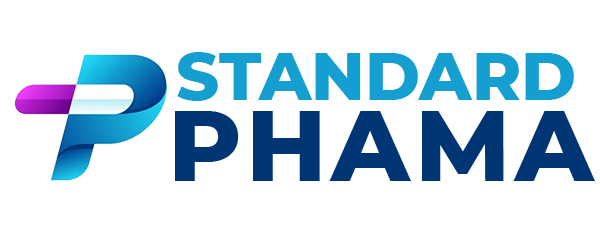
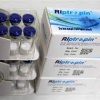
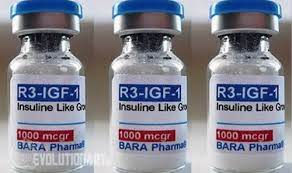



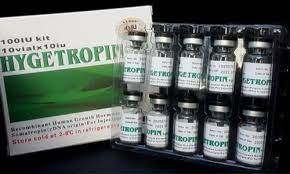
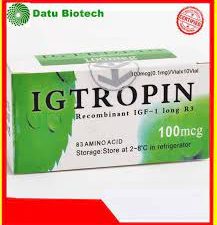
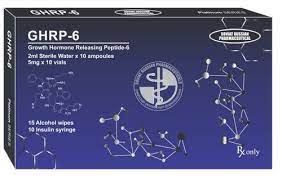

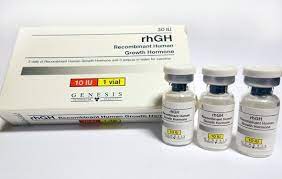
Reviews
There are no reviews yet.